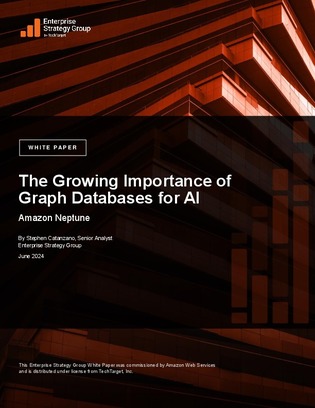How to improve the quality of genAI apps using graph databases

Graph databases, like Amazon Neptune, play a critical role in building powerful generative AI (GenAI) solutions. Graphs are known for their efficient handling of complex and interconnected data and are particularly well suited to the demands of GenAI applications, which require rapid processing of relationships and patterns within large data sets.
They further facilitate advanced data modeling, real-time data processing, and scalability—features essential for the dynamic and context-rich tasks handled by GenAI. With technologies like GraphRAG, graphs enable the development of more nuanced and context-aware GenAI applications by enabling the sophisticated management of semantic relationships within data.
This capability is crucial for applications such as personalized recommendation engines, sophisticated content generation, knowledge graphs, and dynamic interaction systems, all of which rely on deep contextual understanding to function effectively.
This white paper aims to guide customers on how they improve the quality of GenAI applications using graphs to significantly enhance the capabilities of GenAI applications, ultimately driving competitive advantages and innovation.
